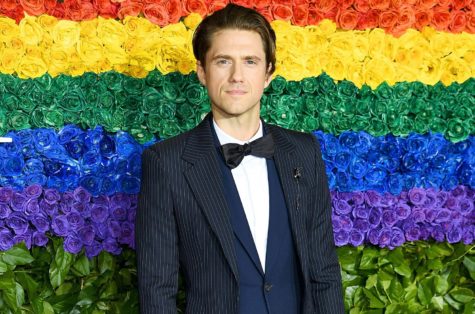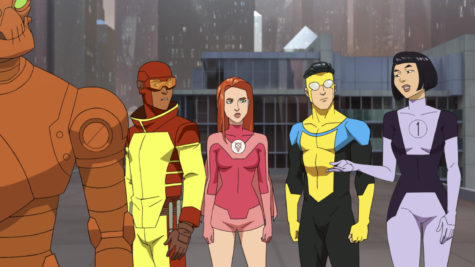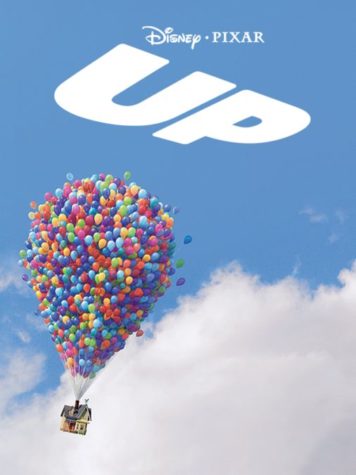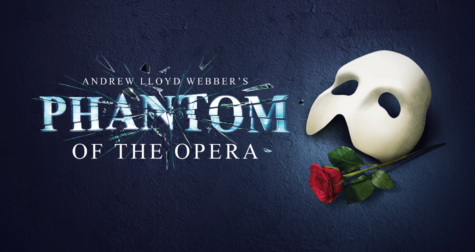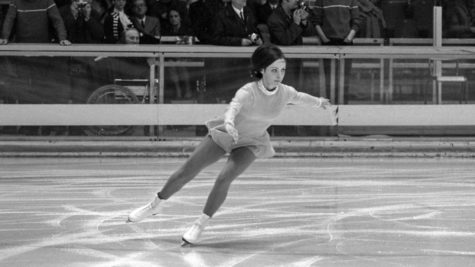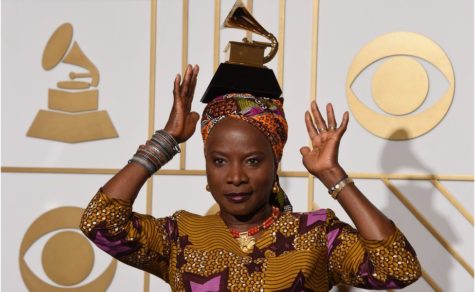Star Wars fan expresses displeasure
February 5, 2020
Ever since I was around 8 years old, the Star Wars films and animated television episodes have been a big part of my life.
When Disney bought Lucas-film in 2012, I was ecstatic.
New Star Wars films and spinoffs would be in theaters, letting us return to a galaxy far, far away.
After only seeing this movie on its opening night, I now find myself hard-pressed to feel any sort of emotion for this “ending” for the Skywalker Saga.
My problems with the “Rise of Skywalker” come from past installments of this one chapter of the nine-part plotline, and while it cannot be blamed for the mistakes of the past, it is the result of poorly planned storytelling.
Between “The Force Awakens” and “The Last Jedi,” fans were not given a proper buildup of excitement to long for the final film of this trilogy.
The three disconnected movies do not work together to form one epic crafted plot, which is disappointing for the kid in me who remembers what Star Wars originally felt like.
Having separate directors and writers for each of the new films without a plan for executing this new story and connecting it to what already exists in the Star Wars universe was a failure from the beginning, especially as it did not directly involve the ultimate master, George Lucas.
I found it hard to enjoy the conclusion of the story when the rest of the narrative was unstructured.
Beyond this criticism, there were many aspects of “The Rise of Skywalker” that I did not particularly enjoy.
The first realization I had while watching the film for the first time was that everything was happening fast.
So fast, in fact, that I could not fully remember parts of the story.
Then I had another revelation, which was that everything I saw was not really a part of the story but instead a distraction from it.
At its best, Star Wars used action to support the plot, even when the graphics were not necessarily optimal because the audience so intrinsically cared about what the characters were doing, that they ignored how it looked.
The original films also took their time to lead up to the climactic battle sequences with lightsabers, but the “Rise of Skywalker” uses these fights as gimmicks to draw upon nostalgia, cheapening the appeal of those scenes.
In a good story, characters drive the plot and have distinct motivations for every choice they make.
The end of “Return of the Jedi” is satisfying for this reason.
Darth Vader, the menacing force of evil in the galaxy, acts to save his son rather than hold on to the darkness that has drained away every good from his life.
Knowing that he will die, Vader performs this final act of love, the only thing that could redeem him for the atrocities he committed.
In contrast, the current cast of characters from the final trilogy merely acted in response to what the story needed from them instead of acting because their emotions led them to that action.
Rey is never formally trained as a Jedi but she performs feats more powerful than most of the Jedi from the original six films.
She takes on the name Skywalker to take credit for accomplishments that she only succeeded in due to the help of others.
“The Rise of Skywalker” explains that her powers are strong due to her relation to the most evil man in the universe, Palpatine.
When Kylo Ren announces that Rey is the granddaughter of Emperor Palpatine, I actually laughed out of disbelief and still cannot buy into this very strange revelation.
There are two reasons that I did not approve of this plot point.
The first is that there was no plan to bring Palpatine back from the start of this trilogy, and his return is never explained.
Although it feels exciting to have a notorious character like Palpatine back on the big screen, it fundamentally sabotages the rest of the Skywalker Saga.
Due to this, the plot is driven by the reintroduction of the character, not by the character’s actions.
Secondly, bringing back Palpatine was meant to give Rey a clearer backstory and to provide more answers for the questions the previous movie prompted.
In “The Last Jedi,” it was made very clear that Rey is an ordinary human who happened to be born with unique powers, someone who comes from nothing yet makes a difference.
This powerful theme (one of the only parts of that film I appreciate) is overwritten in “The Rise of Skywalker” with the return of Palpatine, significantly altering what Rey means as a character.
This film also makes changes to one of the most significant characters in the saga.
Anakin Skywalker was prophesized as the chosen one, the Jedi who would bring balance to the Force and conquer the darkside, which he accomplished by defeating the Emperor.
Because he is alive, Anakin loses his title, rendering the first six films meaningless, as this is one of the most important parts of the core story: no matter how corrupt someone might be, there is still hope for redemption.
Apart from this criticism, there were aspects that I enjoyed.
I appreciated every last moment with the legacy characters.
Hearing the voices of old Jedi characters from beyond the grave was enjoyable, although I would rather have seen them appear in more physical glowing forms behind Rey once she turns to face Palpatine in one final showdown between good and evil.
Paying respect to Carrie Fisher and providing a way for Leia to be in this film even after her death was something that I appreciated and found tastefully done.
Luke Skywalker’s return as a force ghost made me cheer and throw a fist pump in the air.
Han Solo being the source of his son’s redemption was one of the most fulfilling scenes of the film.
The fullness of Ben Solo’s character arc is arguably one of the most enjoyable parts of the entire sequel trilogy.
For every complaint that I pose concerning this franchise’s treatment out of the hands of George Lucas, there is always something that I enjoy about this timeless universe.
No matter how old I grow, that kid inside me will always love watching Star Wars.
May the Force be with you, Lakers.

